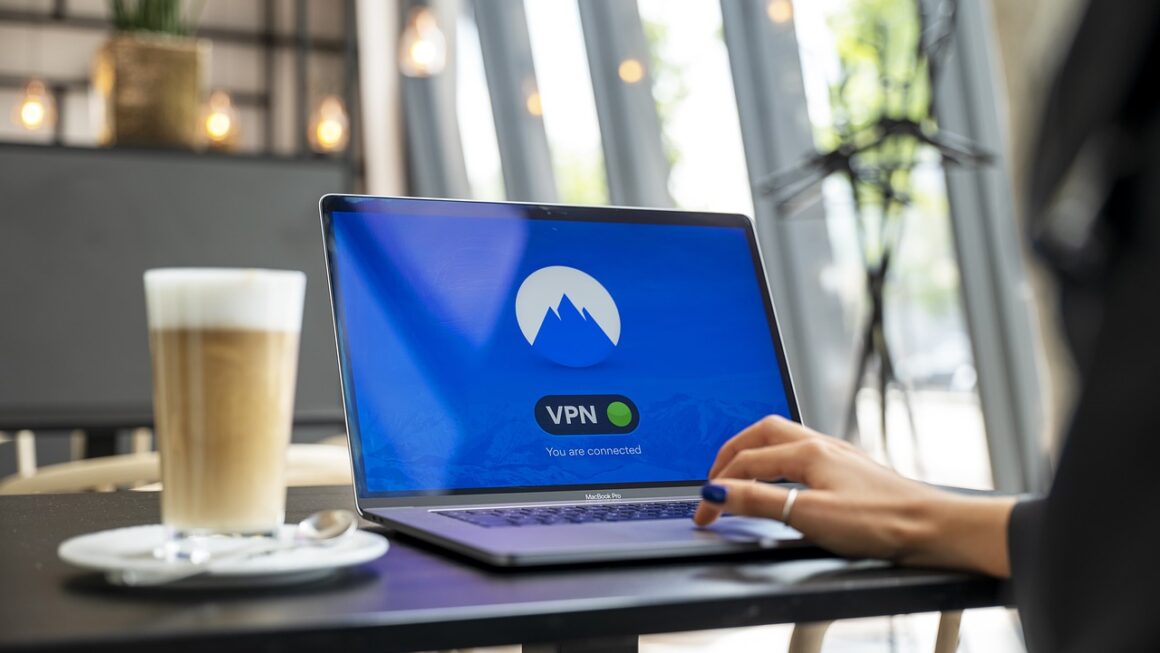Making money online has transitioned from a futuristic fantasy to a very real, and increasingly accessible, opportunity. Whether you’re looking to supplement your income, escape the 9-to-5 grind, or build a full-fledged online business, the internet offers a diverse range of options. This guide will delve into some of the most viable methods, offering practical insights and actionable strategies to help you navigate the world of online income generation.
Freelancing: Sell Your Skills
Defining Freelancing
Freelancing involves offering your skills and services to clients on a contract basis. It’s a fantastic way to leverage existing expertise and build a portfolio.
- Common Freelance Skills: Writing, graphic design, web development, social media management, virtual assistance, translation, and more.
- Benefits of Freelancing: Flexibility, control over your schedule, the ability to choose projects you enjoy, and the potential to earn a higher income than traditional employment (depending on your skills and demand).
Finding Freelance Work
Several platforms connect freelancers with clients.
- Popular Platforms: Upwork, Fiverr, Guru, PeoplePerHour, Toptal (for more specialized tech skills).
- Tips for Success:
Create a compelling profile: Showcase your skills, experience, and previous work. Use relevant keywords to optimize your profile for search.
Set competitive rates: Research the going rate for your services on the platform.
Apply strategically: Target projects that align with your skills and experience.
Deliver high-quality work: Exceed client expectations to earn positive reviews and repeat business.
Communicate effectively: Maintain clear and prompt communication with clients throughout the project.
- Example: A graphic designer might create logos for small businesses, design marketing materials, or develop website mockups, charging by the hour or per project.
Setting Your Rates
Determining your rates is crucial for maximizing your earnings and remaining competitive.
- Factors to consider: Your experience level, the complexity of the project, the time required to complete the work, and the rates of other freelancers in your niche.
- Charging methods: Hourly rates, project-based fees, or value-based pricing (charging based on the perceived value you provide to the client).
Content Creation: Share Your Expertise
Blogging and Content Marketing
Creating valuable content can attract an audience and generate income through various methods.
- Platforms: Starting your own blog (WordPress, Medium), YouTube, podcasts, social media (Instagram, TikTok, LinkedIn).
- Monetization Strategies:
Advertising: Displaying ads on your website or content (Google AdSense, Mediavine, AdThrive).
Affiliate Marketing: Promoting other companies’ products or services and earning a commission on sales.
Selling Digital Products: Creating and selling eBooks, online courses, templates, or other digital resources.
Sponsored Content: Partnering with brands to create sponsored posts or videos.
- Example: A food blogger might share recipes, cooking tips, and restaurant reviews. They could then monetize their blog through advertising, affiliate links to kitchen products, and sponsored posts from food brands.
Building an Audience
A strong audience is essential for successful content creation.
- Strategies:
Create high-quality, engaging content: Focus on providing value to your audience.
Optimize for SEO: Use relevant keywords in your content and titles to improve search engine rankings.
Promote your content: Share your content on social media, email newsletters, and other platforms.
Engage with your audience: Respond to comments and messages, and foster a sense of community.
Consistency is key: Publish content regularly to keep your audience engaged.
- Statistic: Content marketing generates over three times as many leads as outbound marketing and costs 62% less (Demand Metric).
E-commerce: Sell Products Online
Starting an Online Store
E-commerce offers the potential to sell physical or digital products directly to customers online.
- Platforms: Shopify, WooCommerce, Etsy, Amazon Marketplace.
- Product Options:
Physical Products: Sourcing products from suppliers or creating your own handmade items.
Digital Products: Creating and selling eBooks, online courses, software, templates, or other digital resources.
Dropshipping: Selling products without holding any inventory. You partner with a supplier who ships the products directly to your customers.
Marketing Your Products
Effective marketing is crucial for driving sales.
- Strategies:
Search Engine Optimization (SEO): Optimizing your product listings and website for search engines.
Social Media Marketing: Promoting your products on social media platforms.
Paid Advertising: Running ads on Google, Facebook, Instagram, or other platforms.
Email Marketing: Building an email list and sending out newsletters and promotional emails.
Content Marketing: Creating valuable content related to your products to attract and engage potential customers.
- Example: Someone interested in crafts could sell handmade jewelry on Etsy, using high-quality photos and detailed descriptions to attract buyers. They could then use social media to promote their shop.
Fulfillment and Customer Service
Providing excellent customer service and efficient fulfillment are crucial for building a successful e-commerce business.
- Considerations:
Shipping: Choosing a reliable shipping provider and offering competitive shipping rates.
Customer Service: Responding promptly to customer inquiries and resolving issues effectively.
Returns and Refunds: Establishing a clear return policy and processing returns and refunds efficiently.
Online Surveys and Microtasks
Participating in Online Surveys
Completing online surveys can be a simple way to earn a small amount of money in your spare time.
- Platforms: Swagbucks, Survey Junkie, Toluna, Vindale Research.
- Considerations:
Payouts: Survey payouts are typically low, so don’t expect to get rich.
Time Commitment: Surveys can take anywhere from a few minutes to an hour to complete.
Legitimacy: Be wary of survey sites that ask for upfront fees or promise unrealistic payouts.
Performing Microtasks
Microtasks involve completing small, simple tasks online for a small fee.
- Platforms: Amazon Mechanical Turk (MTurk), Clickworker, Microworkers.
- Examples: Data entry, image tagging, transcription, and content moderation.
- Considerations:
Pay Rates: Microtask pay rates are typically very low.
Task Availability: Task availability can vary depending on the platform and your skills.
Conclusion
The opportunities to make money online are vast and varied, catering to diverse skill sets and interests. While success requires effort, dedication, and a willingness to learn, the potential rewards are significant. Whether you choose to freelance, create content, sell products online, or participate in surveys and microtasks, the key is to find a method that aligns with your skills and passions and consistently provide value to your audience or clients. Remember to research thoroughly, start small, and continuously adapt your strategies to achieve your online income goals.




